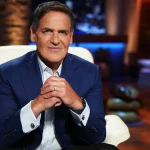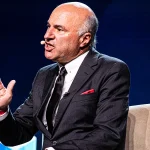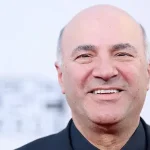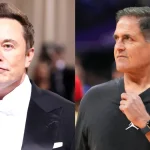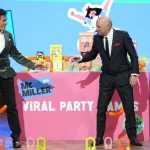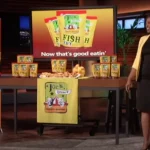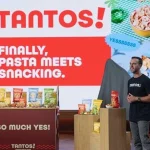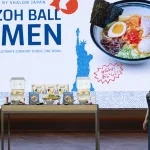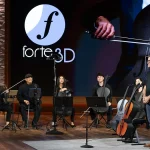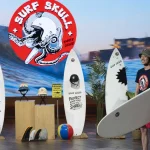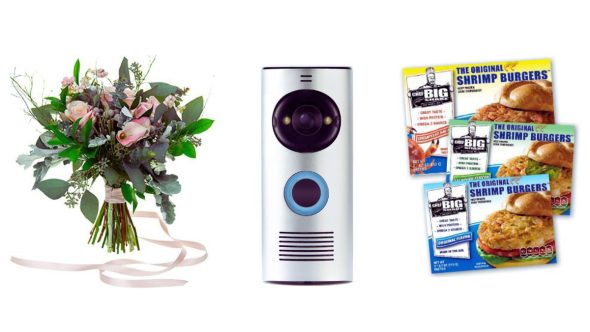
Highlights
- The decisions taken by investors on Shark Tank may not always be correct.
- After securing no offers on the show, Ring made a billion-dollar deal with Amazon.
- The Bouqs Company and Chef Big Shake were other notable rejections that emerged as million-dollar empires after their Shark Tank journeys.
The panelists on Shark Tank bring their years of expertise and experience to the table. Based on what they perceive from a pitch, they make calculative judgments and either accept or reject a company/product. This does not guarantee that the decision will always be true though.
If you notice closely, quite often, their instincts take precedence over their business acumen, resulting in poor results. In some cases, they get influenced by what their fellow Sharks have to say and choose to opt out of deals. In others, their business acumen and prediction can be wrong.
The reason we are saying so is because, time and again, multiple products on Shark Tank have shown that rejection does not mean failure. Below are some surprising rejects on the show, which proved the Sharks wrong and made it huge:
1. Ring
Jamie Siminoff went to try his luck on the show with his video doorbell product, created specially for smartphone users. The investment sought was $700K for 10% equity. Here is a detailed explanation of how Doorbot (now Ring) became a successful Shark Tank product even after zero deals on the show:
Pitching Doorbot as the first-ever product of this type, Jamie gave a video demo of how the technology worked. Going ahead, he highlighted the retail and production costs, which were $199 and $81, respectively. Further, having started in 2013, the company had made $1 million through online sales in nine months.
Despite the ingenious idea, the Sharks started backing out one after the other. Some expressed their concerns, stating that it was a consumer device and that technology was not promising. Whereas, others were unsure of its growth projection in coming years.
Doorbot emerged as one of the most surprising rejections ever, as it had already made millions through sales before its appearance on the show. Renamed as Ring, it was sold to Amazon in a deal for more than $1 billion. By 2022, its yearly sales went past $274 million.
The success was so great that Jamie was invited as a Guest Shark in the tenth season of Shark Tank.
2. The Bouqs Company
Aspiring entrepreneur John Tabis made his way to the judges with his bouquet-selling company. Seeking $258K for 3% equity, he tried to convince them by presenting the many features of The Bouqs Company. Here is how the brand got rejected in Shark Tank but then went on to make impressive strides in the industry:
In his pitch, John described how the flowers were sourced from farms and delivered directly to the consumers. The entrepreneur then revealed to have earned $700K through sales through a spend of $70K in marketing. Additionally, through seed funding, he had made $1.1 million.
Hearing about the funding from another investor, Mark Cuban stepped out of the deal. Lori Greiner backed out, fearing the competitive industry. Robert Herjavec and Barbara Corcoran opted out of the deal, citing the huge investment. Kevin O’Leary, too, did not invest.
The Bouqs Company was a surprising rejection on the show as the company was doing good through a decent sales figure at the time of its appearance. After its rejection, it grew immensely, with the current annual revenue being $50 million.
Additionally, the lifetime revenue of the company has reached $640 million.
3. Chef Big Shake
Seeking $200K for 25% equity, Shawn Davis approached the panelists with his food venture. Chef Big Shake was his brainchild that offered a variety of shrimp burgers. Although receiving no deal on Shark Tank, the company did wonders in the coming years. Here is a small recap of its journey:
Shawn started his pitch handing out the samples of four different shrimp burger flavors. He then claimed that the food item was positioned uniquely in an industry full of turkey burgers and hamburgers. The retail price was $1.63, whereas the production cost was $0.87.
Realizing that the Sharks might question him on the small margin, Shawn stated that the complete margin percentage of all the products was 63%. Additionally, the company had already sold 22,000 burgers. Although the Sharks were impressed with the product and pitch, they stepped out of the deal one after the other.
Chef Big Shake was a surprising Shark Tank rejection because the judges liked the taste of the food item. Plus, the sales figures were not bad. It is for the same reason that by rebranding as Big Shake’s Hot Chicken, its annual sales were $3 million (by 2021).
Furthermore, the company opened four restaurants across the country by 2022.
Bottomline
Shark Tank has often shown that the verdict of the investors on the show does not define a product’s true potential. The best examples of this are Ring, Chef Big Shake, and The Bouqs Company, which became a million-dollar empire without any deal from the Sharks.
If you have the zeal and desire to persevere and achieve your goals, even the experts can be proven wrong.
References
- Here’s What Happened To Chef Big Shake Foods After Shark Tank, Mashed, Colin MCcandless
- Ring, Wikipedia




